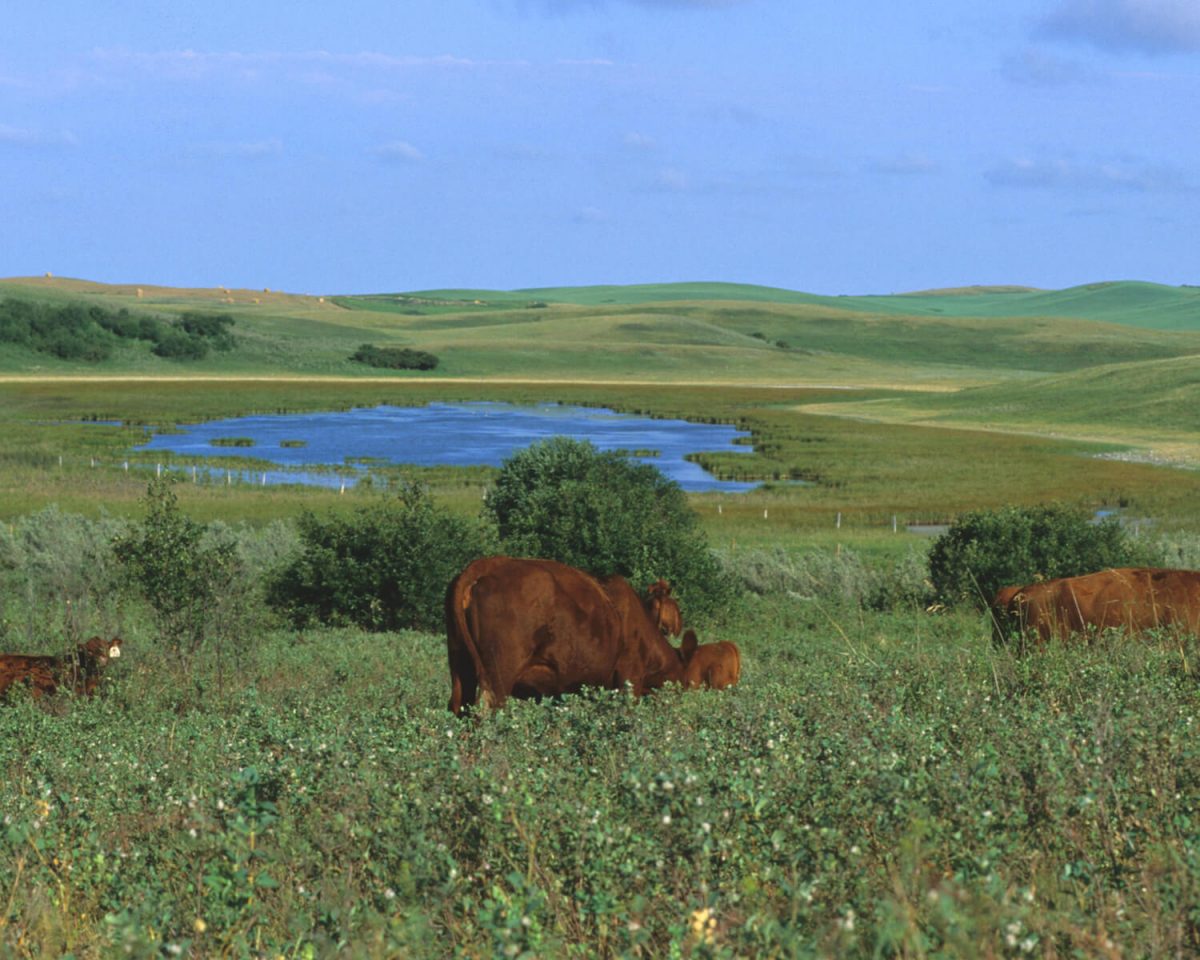
Manitoba Co-operator: Putting a dollar to rangeland benefits
The four-year project, which started in 2023, covers all Prairie provinces.
Project researchers will use DNA-based tools to get a full picture of soil, plant and insect diversity in a rangeland.
“There’s no discounting the importance of genetic diversity in rangelands,” Asselin said. “If we have variation, let’s say in drought tolerance characteristics in a diverse population, if they get hit by a severe drought, some plants will do just fine and some are not going to survive. But because we had that genetic diversity there to begin with, they’re more resilient to future stresses.”
Use of DNA markers instead of visual samples alone will allow researchers to get a deeper understanding of the genetic diversity in rangelands, he said.
The project’s test metrics include plant genomics, insect biodiversity and soil genomics, among others. Led by Asselin and plant ecologist Jon Bennett with the University of Saskatchewan, the team includes Hongjie Zhang (soil carbon researcher, AAFC Swift Current), Doug Cattani (plant breeder/agronomist, University of Manitoba), Jason Gibbs and Kyle Bobiwash (entomology, University of Manitoba), Sean Prager (entomology, University of Saskatchewan), Patrick Lloyd-Smith (ag economics, University of Saskatchewan), Rafael Otfinowski (plant ecologist, University of Winnipeg) and Seok-Bum Ko (electrical and computer engineering, University of Saskatchewan).
You can read the full article in the Manitoba Co-operator.






